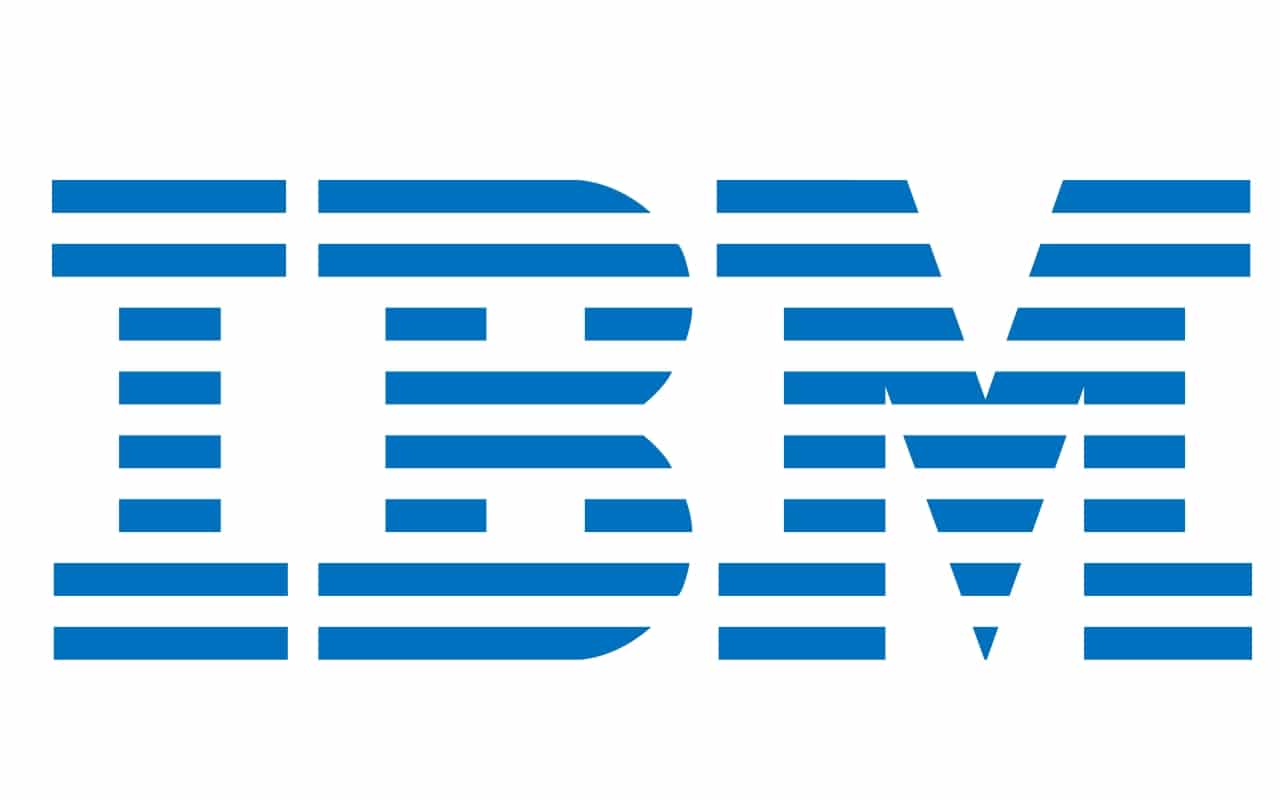
Quantum computing is the future for a lots tech giants, including China's Microsoft, Google, IBM, and Alibaba.
While It is announced that this technology will drive many advances in several areas IT, could also adversely affect the security of encrypted data. IMB, for example, is convinced that quantum computing will produce a radical change and it will provide the means to easily circumvent existing defenses. For it, presented Secure Quantum Cryptography on Monday and suggests that companies prepare for the future.
For IBM, quantum computing is the answer to a fundamental problem:
- If technologies, such as Watson, currently running on classical computers can help find patterns and information hidden in large amounts of existing data, quantum computers will provide solutions to important problems in which patterns cannot be found, either because the data does not exist or because the possibilities you have to explore to find the answer are too enormous to be handled by conventional computers.
However, the fears of this technology lie in the impact it could have on the strength of the encryption algorithms. It promises to solve new problems, outperform supercomputers, and can be used to easily break encryption algorithms and data security measures.
In fact, modern encryption is based on the principle of prime factorization. According to experts, this method is interesting, because for two given prime numbers, regardless of their size, multiplying them to find their product is easy.
In contrast, finding the prime factors of this number is difficult and quickly becomes more difficult as the number to be factored increases. So far, no quick way has been found to solve the prime factor problem. But this does not mean that it can be said that it is not possible to conceive them. In 1994, an American mathematician named Peter Shor developed a fast and efficient way to find the prime factors of a number. The only problem is that, for large numbers, his method, called the Shor algorithm, needs a quantum computer to work.
Of course, when the Web began in 1994, talking about quantum computers was science fiction.
But in 2001, IBM researchers announced that they had built one, programmed it with Shor's algorithm, and used it to determine that the prime factors of 15 were 3 and 5. Since then, tremendous progress has been made in the quantum field. . Aware of these challenges and the danger this could pose to businesses and their data, Big Blue now proposes solutions that allow businesses to anticipate these issues and recommends that they begin to prepare for the future.
To avoid possible security breaches of data going forward, in a statement Monday, IBM Cloud announced that it offers encryption technology future-proof for quantum computing implementations. In other words, IBM offers new cloud computing services and quantum encryption support for key management and application transactions on IBM Cloud. These new features will help partners and customers keep existing data safe and prepare for future threats.
The new capabilities include support for Quantum Safe Cryptography, IBM Key Protect, and Hyper Protect Crypto extended services for IBM Cloud. These new features should enable Big Blue customers and partners to better protect their sensitive data in the cloud, keep their encryption keys secure throughout its lifecycle, and protect data in transit on the IBM Cloud. IBM's bet is to be able to combine its know-how in security and hybrid cloud with its research in quantum computing.
In details, IBM announced that Quantum Safe Cryptography uses open standards and open source technologies to create and operate quantum security algorithms as data streams between businesses and the cloud.
He said this will mitigate the risk that hackers can collect encrypted data today and decrypt it later, as quantum computing advances. Second, IBM Key Protect is a cloud-based service that helps manage the lifecycle of IBM Cloud services or encryption keys for customer-created applications.
Source: https://newsroom.ibm.com